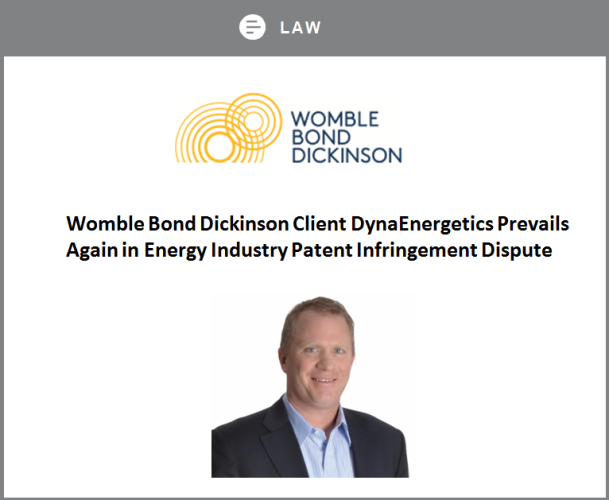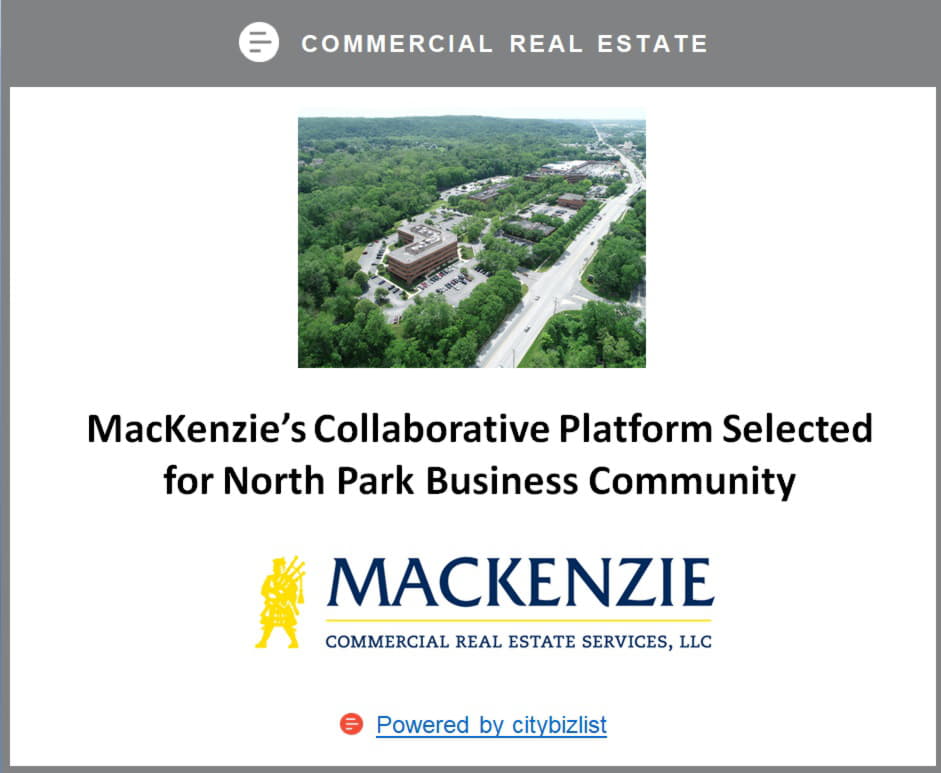Ampcare’s Effective Swallowing Protocol (ESP™), which combines electrical stimulation with specially selected resistance exercises to rehabilitate effective and safe swallow function, has passed a non-partisan peer-review with exceptional results.
The peer-review found that with Ampcare’s ESP:
- A greater proportion of the 30 trial candidates’ swallowing improved compared to the usual-care group.
- Candidates made clinically meaningful change in oral intake and diet compared to usual care using validate grading scales.
- At one-month follow-up, 100 percent of candidates reported improved swallowing, more than double the candidates in usual care using a validated clinical outcome measure.
The review was completed by the independent Speech and Language Therapy team in Sheffield (United Kingdom) Teaching Hospitals, a unit of NHS Foundation Trusts. Funding was secured by Sheffield to undertake a pilot study comparing ESP against usual dysphagia treatment for 30 stroke patients. “There is a growing movement to identify dysphagia interventions that can restore swallow function rather than simply manage symptoms,” wrote Lise Sproson, author of this research and a Speech and Language Pathologist (SLP).
A greater proportion (75%) of patients receiving Ampcare’s ESP improved compared with 57% of the usual-care group. Patients receiving ESP also made clinically meaningful changes on the Functional Oral Intake Scale (FOIS) and the Rosenbek Penetration and Aspiration Scale (PAS).
At follow-up, one month after the end of treatment, 100 percent of the ESP patients reported improved swallow-related quality of life compared to 42 percent of the patients who had received usual dysphagia care.
“This study presents promising data of measurable clinical swallow rehabilitation and justifies progression toward a full-scale trial,” Spronson wrote. “It also showed there were no adverse treatment effects and all patients found the treatment to be tolerable.” As a result of the evidence from the pilot trial, Ampcare’s ESP has been launched in the U.K. and speech and language therapists have been trained at 10 NHS Trusts.
The full peer report is available online at http://onlinelibrary.wiley.com/doi/10.1111/1460-6984.12359/full .









